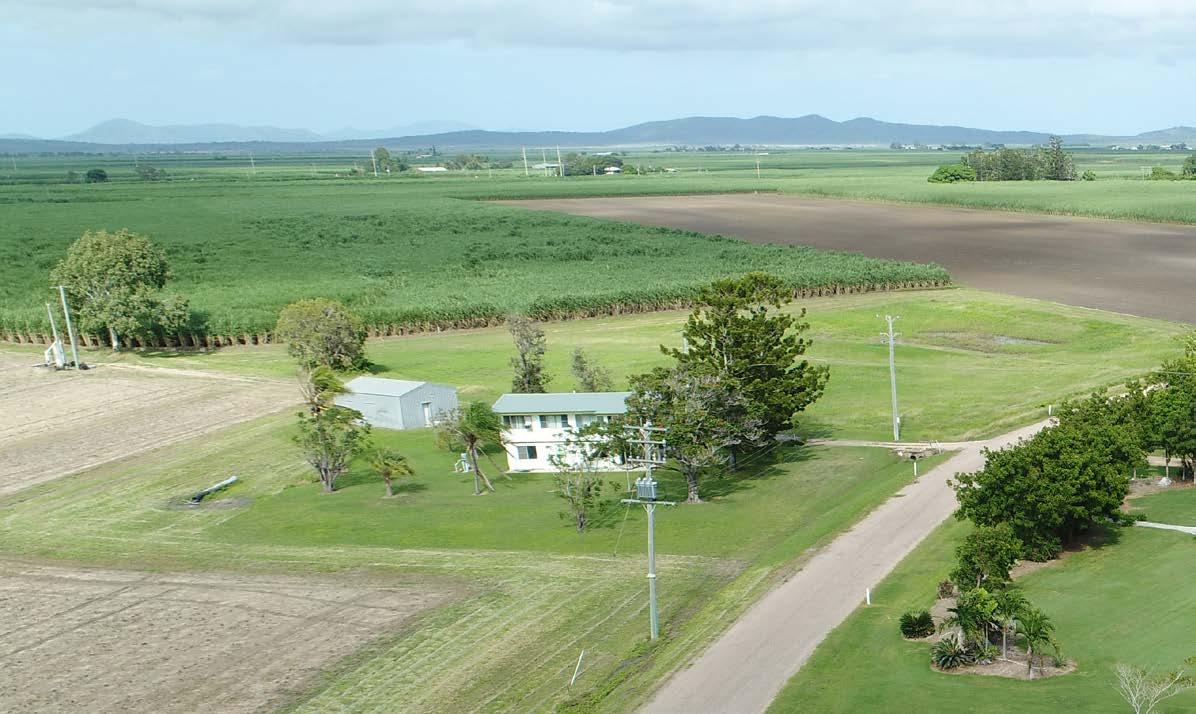
2 minute read
From the Chair
By Paul Schembri, Chairman CANEGROWERS
2020 STATE ELECTION COMMITMENTS MUST BE MET
Advertisement
Whatever the result of this 2020 Queensland Election, we at CANEGROWERS are ready to work.
You'll be reading this when the result is known. CANEGROWERS will be hitting the ground quickly to engage with the elected government on the important issues that are hampering the growth and development of the Queensland sugar industry. Many growers and farmers in general made the comment in the final week of the campaign that agriculture was 'not up there in lights' in terms of announcements and commitments as it might have been in previous elections. Election offerings around new roads, community infrastructure and frontline service delivery are critically important for everyone. But it has to be said that this election has been notable by a conspicuous lack of any overarching vision or policy for agriculture. We welcome specific commitments for agriculture, for example around electricity tariffs, dam works and water pricing, made during the campaign and we will hold the new government to its promises. We will also be continuing to push for the measures in the 8-point plan that CANEGROWERS highlighted during the campaign - policy which would remove the obstacles in our way and help unleash the sugar industry's future potential. These measures remain important for the economic growth of the state even though the election is over. Queensland agricultural production is worth around $12 billion annually. An economic report commissioned by CANEGROWERS showed that for every $1.00 spent on sugarcane growing, an additional $6.42 in economic activity is generated elsewhere in the economy* .
I have had countless people in the business sector tell me over the years that when sugar does well, businesses thrive - and so we will continue to push for policy that helps that to happen. We must also ensure our importance to our regional communities and economies continues to be understood.
Two years ago, while representing the Australian sugar industry at a conference in the Netherlands, I was impressed by the high regard the citizens there had for their farmers. Large tractors with farm implements travelled up the main street of Rotterdam, almost inconspicuously merging with traffic. One person on the street told me how proud they are of their farmers.
Queenslanders too do have a high regard for farmers but unfortunately the importance farmers and the economic importance of agriculture to regional communities might, at times, be taken for granted. The Mayor of Mackay, Councillor Greg Williamson, recently hit out saying that politicians were underestimating the damage that government policy around regulation and government charges were causing to the sugar industry and then also causing damage to regional economies. One example stands out from the pack. For decades political parties have waxed lyrical about the huge opportunity that exists for the sugar industry in terms of biofuels (such as ethanol), renewable energy such as co-generation and the manufacture of bio-plastics, yet we are struggling to find government policy that would incentivise those opportunities. Brazil and Thailand have grabbed those opportunities to good effect and there is no reason why we in Queensland can’t do the same.
The next four-years, the term of the next Queensland Government, will be critically important for our sugar industry. Whichever party is in office, I hope they take the opportunity to allow our industry to develop to our full potential.
*Source: QEAS July 2019 The economic contribution of the Sugarcane industry to Queensland and its regional communities report.











